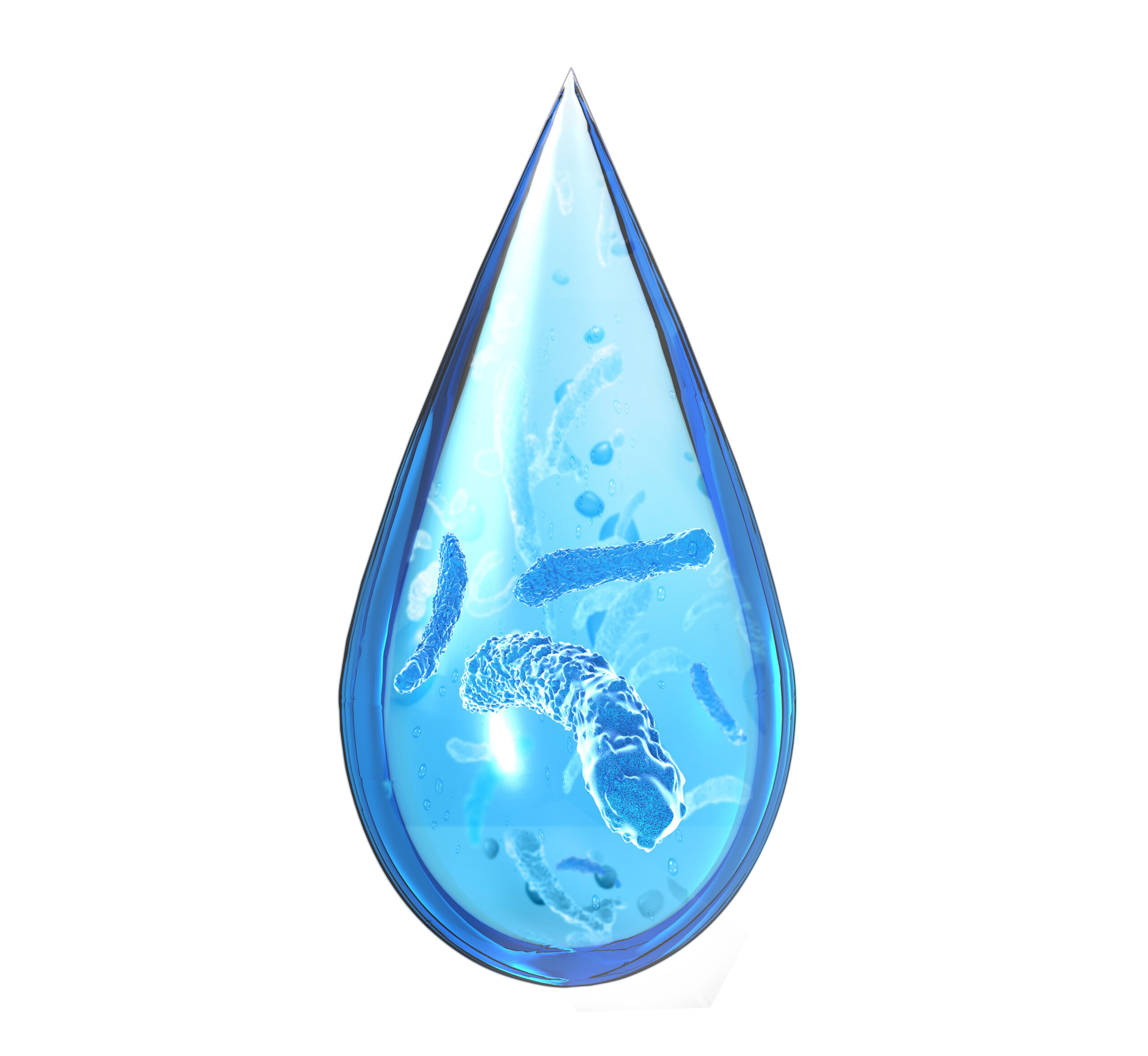Best Practices for Maintaining Nitrite Closed Loop Water Treatment Systems: A Complete Guide
Nitrite Closed Loop Water Treatment: A Sustainable Future for Water Management
ChemREADY is your go-to source for all your chemical maintenance needs! If you own or operate a nitrite closed loop water treatment system, you know how crucial it is to keep it running efficiently to ensure smooth operations and prevent costly downtime. In this comprehensive guide, we will walk you through the best practices for maintaining nitrite closed loop water treatment systems, so you can keep your system in top shape and extend its service life.
Maintaining a nitrite closed loop water treatment systems
Maintaining nitrite closed loop water treatment systems is crucial to ensure their efficiency and longevity. Here are some best practices to follow for proper maintenance:
- Regular Monitoring: Regular monitoring of the water quality parameters such as pH, nitrite levels, and conductivity is essential to detect any changes in the system. This can be done through regular sampling and testing of the water. Set up a schedule for monitoring and adhere to it consistently.
- Water Treatment Chemistry: Follow the recommended water treatment chemistry for your specific closed loop system. Nitrite closed loop systems typically require a specific concentration of nitrite-based corrosion inhibitors to protect against corrosion and scale formation. Make sure to use the correct dosage of water treatment chemicals as per the manufacturer’s recommendations.
- System Cleaning: Regular system cleaning is crucial to remove any accumulated debris or contaminants that can affect the system’s performance. This includes cleaning of strainers, filters, and heat exchangers. Follow the manufacturer’s instructions or industry best practices for cleaning procedures.
- System Flushing: Flushing the closed loop system periodically can help remove any accumulated sediment, sludge, or corrosion products. This can be done by isolating sections of the system and flushing with clean water or using a chemical flush. Make sure to follow proper procedures and dispose of the flushed water as per local regulations.
- Corrosion Monitoring: Monitor for signs of corrosion, such as pitting, scaling, or discoloration, on system components like pipes, fittings, and heat exchangers. If any signs of corrosion are detected, take corrective measures promptly to prevent further damage. This may include adjusting the water treatment chemistry or implementing additional corrosion inhibitors.
- Inspections: Conduct regular inspections of the system components to check for any leaks, loose connections, or other issues. Address any identified issues promptly to prevent further damage or system downtime.
- Training and Documentation: Ensure that personnel responsible for maintaining the closed loop system are properly trained on the system’s operation, maintenance, and safety protocols. Keep comprehensive documentation of maintenance activities, including water test results, system cleaning, and flushing records for reference and analysis.
- Professional Support: Consider working with a qualified water treatment professional who can provide expert guidance on water treatment chemistry, system maintenance, and troubleshooting. They can help develop a customized maintenance plan based on the specific needs of your closed loop system.
- Safety Measures: Follow proper safety protocols when working with water treatment chemicals, cleaning agents, and equipment. Use appropriate personal protective equipment (PPE), follow handling instructions, and dispose of chemicals and waste properly according to local regulations.
- Record Keeping: Keep detailed records of all maintenance activities, including water test results, system cleaning, and flushing records. This will help track system performance over time and identify any trends or issues that may require attention.
By following these best practices, you can ensure that your nitrite closed loop water treatment system operates efficiently, minimizes corrosion and scale formation, and extends its service life. Regular monitoring, proper water treatment chemistry, system cleaning, corrosion monitoring, inspections, training, professional support, safety measures, and record keeping are key components of an effective maintenance program for nitrite closed loop water treatment systems. Always refer to manufacturer’s instructions and industry best practices for specific guidance on your system.
When it comes to getting quality closed-loop treatment, you don’t have to go it alone. Find a trusted partner with a depth of industry experience to help manage the job, like ChemREADY. Free up your staff to concentrate on other vital work. Contact ChemREADY today to ask about our closed-loop treatment.

